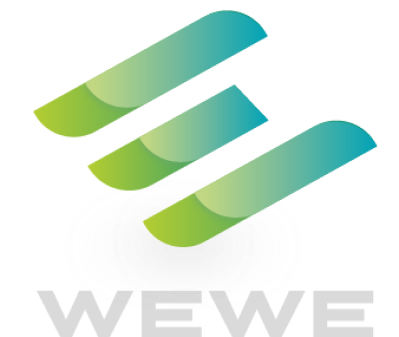Celebrating Our Successful Migration
Seamless Transition
Enhanced Performance
Future-Ready
We are thrilled to announce the successful migration of our platform. This monumental achievement marks a significant milestone in our continuous pursuit of innovation and excellence.
With immense pride, we celebrate this success alongside our incredible community.
This migration ensures a more robust, secure, and user-friendly experience for everyone.
Thanks to your unwavering support and trust, we have successfully migrated 96% of our users.

Access Legacy Services
Testimonials

Jane D.

Michael T.

Sarah L.

Robert K.
Stress-Free and Successful Migration

Daniel S.

Emily R.
The migration process was well-organized and executed perfectly. I appreciate the attention to detail and the commitment to making this transition as easy as possible for us users. Thank you, WEWE Global!

Amanda H.

Steven M.
The migration process was effortless on my end, thanks to the thorough planning and execution by the WEWE Global team. I couldn’t be happier with how things turned out!

Laura P.


